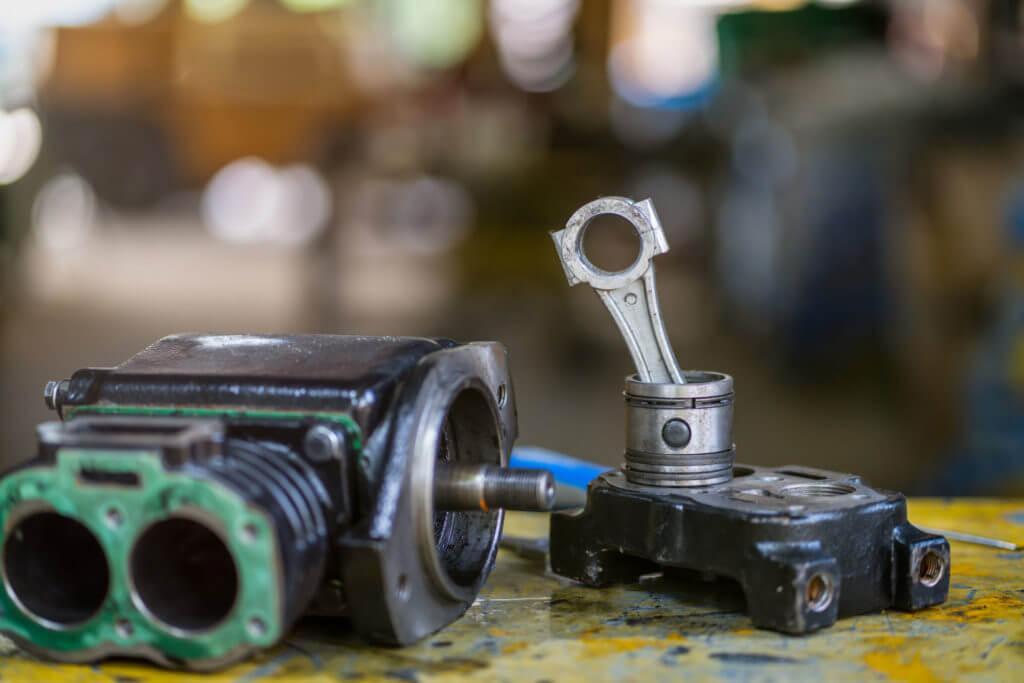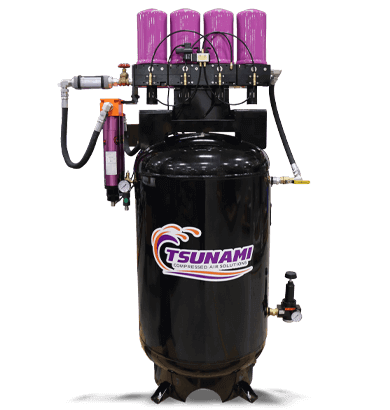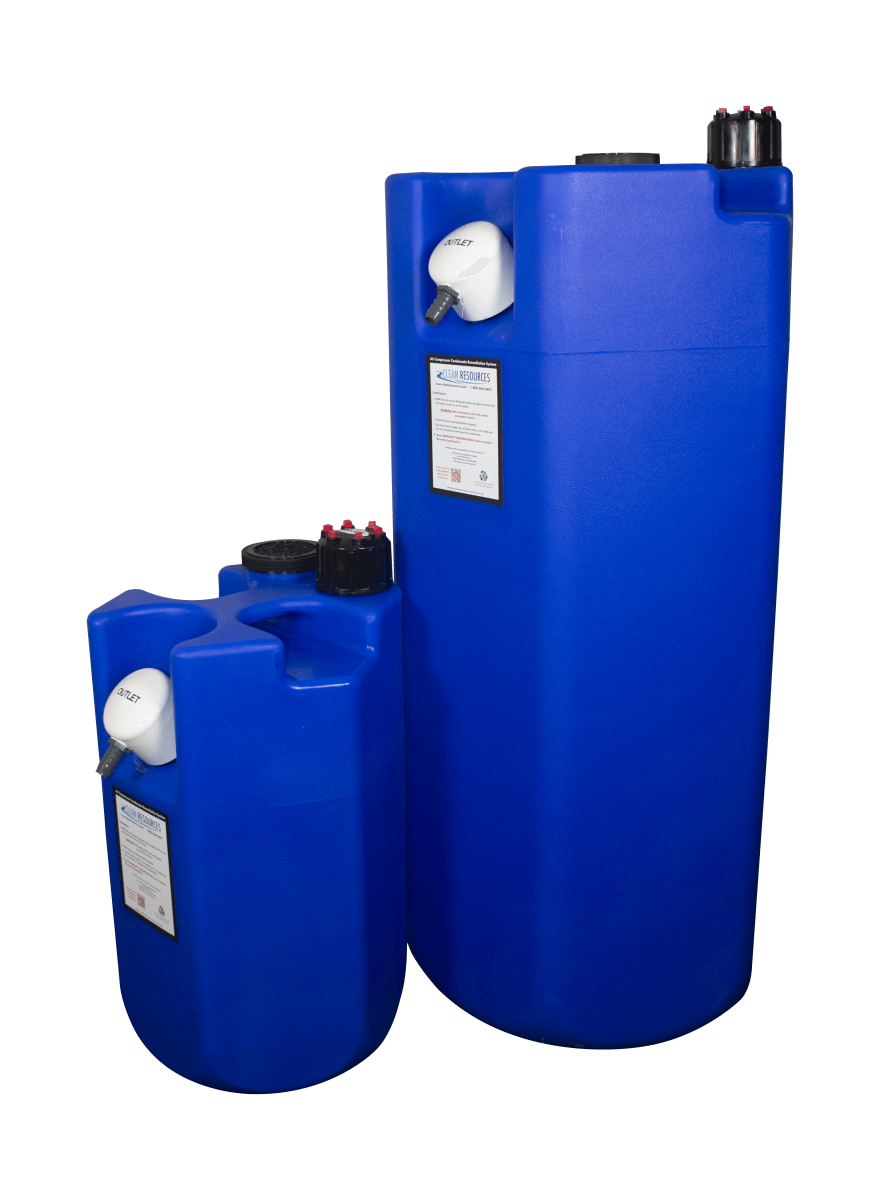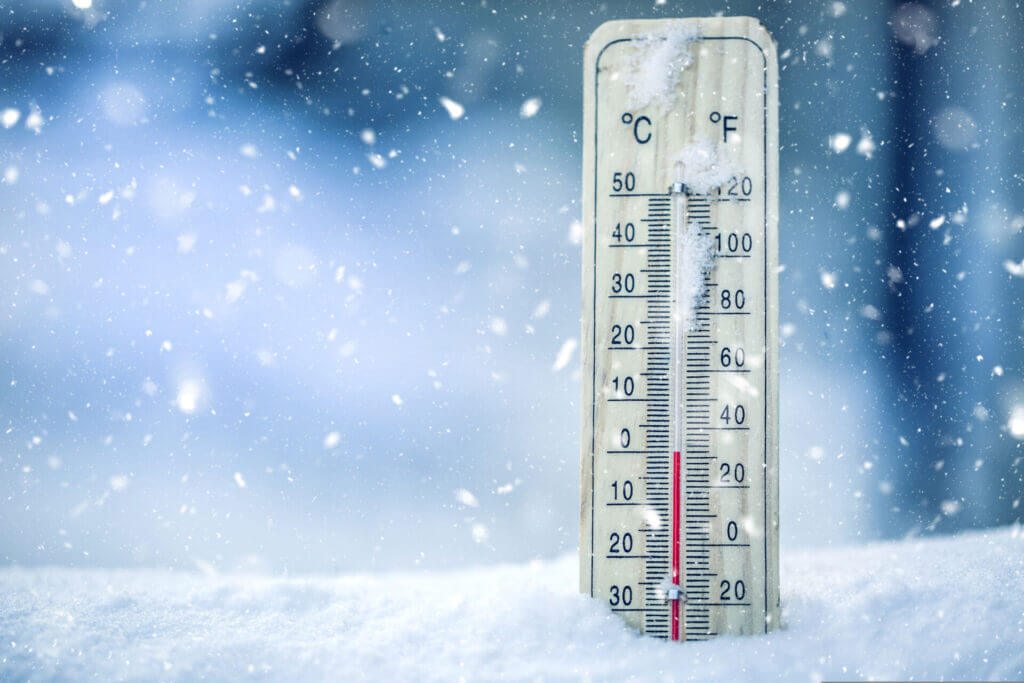Everything in our lives requires a check-up, and in most cases routine maintenance. This ensures proper functionality when needed most. Human health certainly requires regular check-ins and vital requirements like eating, hydration, and sleep. Our vehicles, homes, and almost every other system in life require routine care. You would not allow your body, car, or home to go without the things it requires, so why let your compressed air system. Skipping air compressor maintenance requirements lead to higher costs in one way or another, whether it is replacing a part or the whole machine.
It is no different in the case of a production facility, hospital, refinery, food manufacturing plant, automotive service shop or any other place that requires their systems and equipment to work and perform when needed. Uptime and performance are critical elements in every industry. All manufacturers have a minimum required service or air compressor maintenance interval for their products. Developed by industry experts with experience in applications across the board, these standards are an asset to the end-user.
Air compressors in a facility or shop are a vital component just like other utilities. The compressor system is no different from the scenarios mentioned above. The tools, controls, valves, production equipment, etc. that require compressed air from the system all depend on it being available on demand. If the machine runs without being monitored, it can overheat and shut down.
If the filters are not changed at regular intervals the difference in pressure (Delta P) increases operating costs. The higher the heat load from lack of maintenance also decreases the life of the compressor lubricant. This will require more frequent changes and added costs to replace and dispose of the used oil.
Increased operating temperatures can cause a multitude of issues. The internal components will prematurely wear, the electric motor will run at higher amperages, which is a higher operating cost, plus the motor is at risk of premature failure under these conditions. It can add more condensate being generated within the system. This requires the drains to be functioning in order to properly remove the water and ensure it goes into the production side through the piping system.
Another imperative reason for doing required routine air compressor maintenance is safety. This helps prevent catastrophic failure such as a fire. It is not uncommon to see compressors shutting down due to high temperatures. In most cases had routine care been completed these types of interruptions and costly occurrences could have been averted.
Proper routine air compressor maintenance can save time and production costs. When failures or unplanned downtime occurs, it becomes an emergency. The costs of service, repairs, parts, production, and losses all increase drastically.
The major benefits of doing required preventative air compressor maintenance are cost savings, decreased equipment downtime, improved safety & reliability, and peace of mind from protecting your assets.
Routine Air Compressor Maintenance Tasks to Perform on Your Compressor
Drive belts, inlet air filters, and lubricating oil should be checked and replaced on a routine schedule. It is also common to add “make-up” oil due to oil carry-over, and doing so frequently slows wear on the machine. Synthetics are prevalent in the lubrication of compressors and reduce normal wear and build-up internally. These lubricants cool and clean as they help protect the asset. They also reduce the change intervals, which in turn save money and time.
On rotary screw and reciprocating compressors, there are some components that require routine preventative maintenance checks like belt tension, minimum pressure valves, oil level as an example. These are simple to complete and allow the user to visually see if adjustments or cleaning are necessary.
Having an air compressor maintenance schedule ensures that oil sampling is completed, calibrations and adjustments are correct, lubricant analysis, and that all elements of your compressed air system have been checked. All the mechanical components such as compressors, filters, air dryers, condensate waste systems, drains, piping, and controls should be on the plan. High-quality service plans also incorporate leak detection, remediation, and energy reduction plans.
These simple procedures allow the owner to see how the machine is operating to prevent any major and costly failures.
If routine air compressor maintenance is being completed, the upkeep can be planned at convenient times to the production schedule. Proper maintenance helps avoid the higher operating costs and assures that the compressed air system is functioning at peak performance.
The above reasons outline the importance of doing the required routine air compressor maintenance. Take this one-step further, either internally within your operation or using a third party and implementing a preventative maintenance service schedule.
In today’s fast-paced work environment, maintenance and cost reduction are critical. A detailed, specific and all-inclusive preventative maintenance program cannot take a minimal priority within a facility. These plans are important in the overall operation and coincide with any lean manufacturing processes. In some cases, preventative maintenance plans also help achieve the goals of the safety and environmental teams.
Bruce Davis, Manager, National Accounts-OEM Business Development Sales
You can find many compressed air maintenance items here . Should you not find what you are looking for or need some advice, shoot us an email with your model and serial number and what you are looking for and we can do the leg work to get you what you need to keep your compressor working the way it is suppose to.















